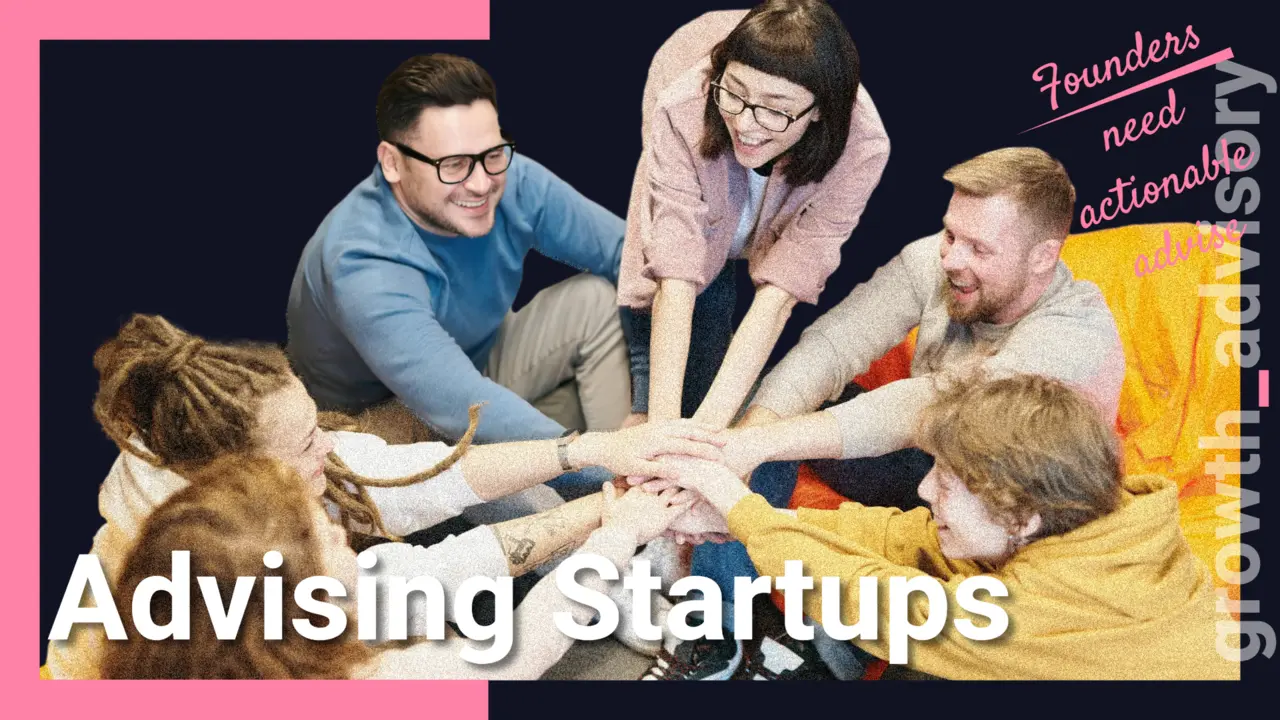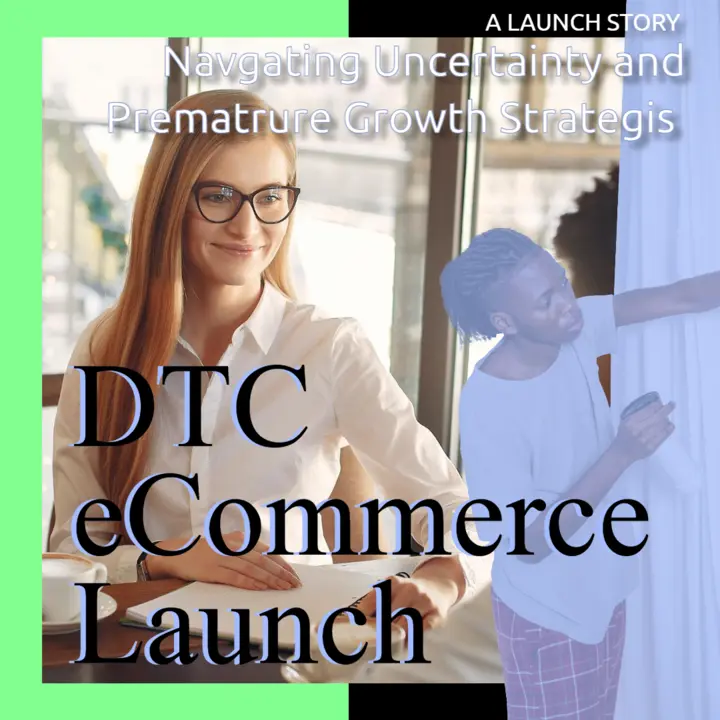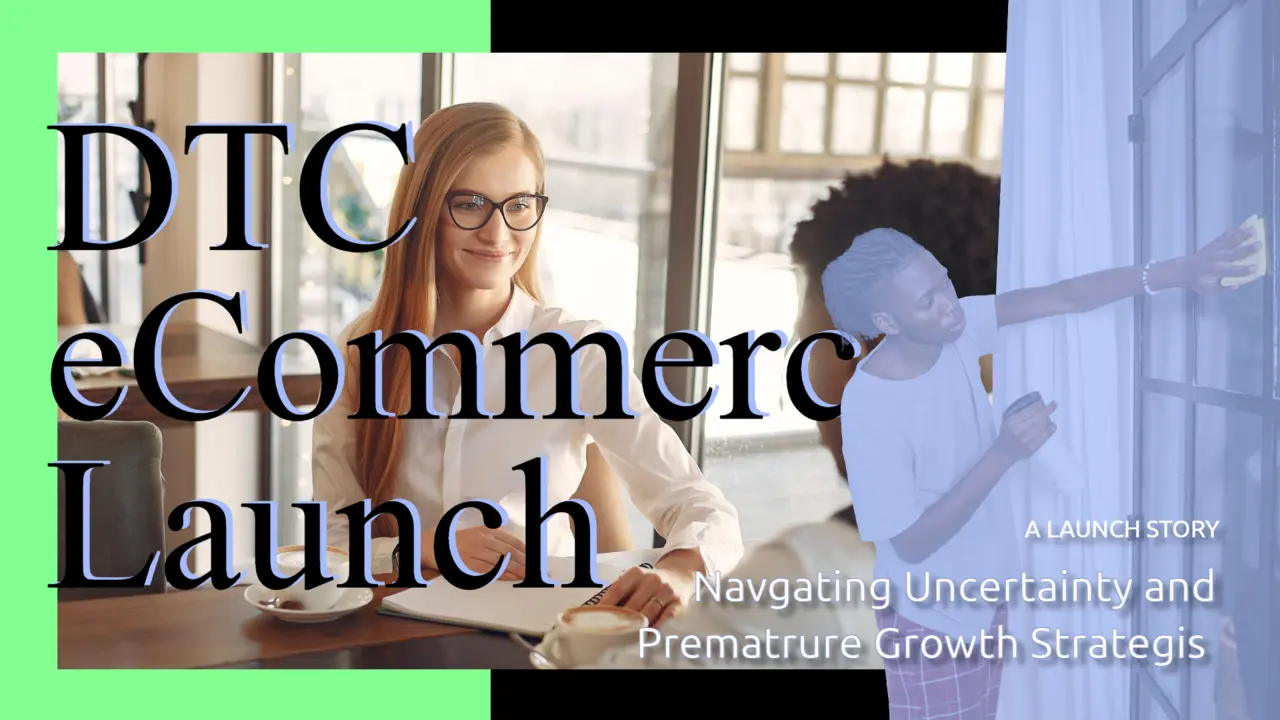This perspective challenges the traditional notion of consultancy*, which is often directive in nature. In the context of startups, consultants should be seen as partners who provide insights, tools, and frameworks to help founders execute on their unique vision. They are there to provide expertise and a fresh perspective, but ultimately the direction and decision lie with the founders.*
Founders have other founders to consult. Founders need actionable advise, not some strategy paper
Often, founders, particularly of early-stage startups, have a deep personal connection to their vision and mission.
From this arises a critical distinction in the role of how external people like consultants or freelancer should work with startups.
They are not simply looking for someone to tell them what to do, but rather to support and refine their own intuition and judgment.
"What important truth do very few people agree with you on?"
The entire reason they are on that entrepreneurial journey is because they see the world in a different way and want bring said change to it. Broadly spoken, their vision is always to change the status-quo—to make the world a better place! Especially if they are trying to accomplish zero-to-one innovation.
This is critical point, and it is important to bring forward the nuances of the startup world, especially the philosophical aspects highlighted by some of its thought leaders.
Peter Thiel question, "What important truth do very few people agree with you on?" underscores the notion that truly revolutionary startups often challenge the status quo and have insights that aren't widely acknowledged. This is the essence of "zero-to-one" innovation.
"Make something people want."
Paul Graham is known to advise founders, "Make something people want." This emphasizes the importance of product-market fit, but it also implies that the founders, given their unique vision, are best positioned to find out what that 'something' really is.
Y-Combinator’s mantra is "It's better to build something that a small number of users love, than a large number of users like." Again, it's the emphasis on deep value creation for a niche, rather than superficial appeal to many.
Given the perspectives of influential figures like Peter Thiel, Paul Graham, and the philosophy of Y-Combinator, it's evident that successful startups tend to have a unique vision or insight that isn't widely acknowledged or appreciated by the mainstream. As such, consultants as well as VPs of Product, Marketing or Sales should approach their role as facilitators and collaborators, rather than as directors and knowers of a market.
"It's better to build something that a small number of users love, than a large number of users like."
From these principles a different role for consultants arises
Given these principles we at Mx Moritz have some reservations and a valid apprehension about external recommendations. It's not about what a consultant thinks is right; it's about enhancing your own vision with data-driven insights and feedback.
The role of a consultant, especially in a startup setting, is not to dictate a path but to provide tools, frameworks, and perspectives that can aid a founder in refining and acting upon their vision.
Collaboratively Develop Actionable Steps
What about the process would involve collaborative workshops where both the founder(s) and consultant review insights, brainstorm, and co-create strategies, instead of simply presenting findings? The aim wouldn’t for the consultant to give directives, but to enable the founder's vision by illuminating potential pitfalls, opportunities, or blind spots.
Question: How do you see your role, as the founder, in this collaborative process? And how would you envision a consultant's role to be most valuable to you?"
Empower and Enhance Vision Through Collaboration
The primary role of consultants in the startup ecosystem is to be a sounding board for founders, providing data-driven insights and fresh perspectives, but always rooted in respect for the founder's vision. The process is not about imposing external views but about drawing out the best from the founder's intuition and judgment. Through a series of collaborative sessions, founders and consultants should work together, leveraging insights to refine strategies, identify opportunities, and navigate challenges. The ultimate goal is to empower founders to execute on their vision with more clarity, confidence, and effectiveness.
Remember, the most successful collaborations will always be those where both parties respect and understand each other's roles and strengths.
A better approach: An Advisor acting as an EiR
A better approach would be to have an advisor. Or a consultant who would understand their role and act as "Entrepreneur in Residence" (EiR).
This could be a more fitting role, especially since startups require deep immersion, understanding, and alignment with the founder's vision.
Alignment with Vision
An EiR or advisor is often someone who's been in the trenches of building or scaling a business. They have a firsthand understanding of the challenges and intricacies of the entrepreneurial journey. This means they're better positioned to align with a founder's vision and can provide advice from a place of empathy and experience.
Long-Term Commitment
Unlike a consultant, who might work on a project-basis, an advisor or EiR usually commits for a longer term. This continuity can be invaluable for a startup, ensuring consistent support and understanding over time.
Deep Immersion
EiRs, in particular, can embed themselves within the startup, often working alongside the team. This close proximity allows them to understand the company's dynamics, culture, and challenges at a granular level, enabling them to provide more relevant and actionable advice.
Collaborative Decision Making
With an EiR or advisor, decision-making is often more collaborative. They serve as sounding boards, helping founders think through decisions, but always with the understanding that the final call rests with the founder.
Things To Consider
If you're leaning toward this approach, here are some things to consider:
- Selecting the Right Fit: Just like hiring a key team member, ensure that the EiR or advisor aligns with your company's values, culture, and vision.
- Clear Expectations: Define roles and responsibilities upfront. Are they going to be hands-on with operations? Will they be involved in strategy sessions? How often will you meet? Outline these expectations at the beginning.
- Exit Clauses: Ensure there's a mechanism for both parties to part ways if the collaboration isn't working. This protects both the startup and the EiR/advisor.
Compensation
Decide on a compensation structure. Rather than the typically startup advisors where advisors take equity and EiRs might take a combination of salary and equity, think about fee-based compensation that are typical of firms like Ernst & Young, Deloitte, PwC, etc.
They are offering advisory for longterm professional services therefore their fees are structured in such a way containing a retainer (to retain their services) and some hourly or project-based compensation and don't involve taking equity in the company. The structure makes sense for them because the engagement is beyond just a single project, but designed for a long-term partnership.
Here are some advantages of this approach:
- Allowing for comprehensive projects.
- Underlying structure to a business by implementing methodologies, frameworks, or tools, which span single departments, and which can be particularly helpful if you're looking for a more systematic approach to problem-solving.
- Flexibility because unlike taking on an equity-based advisor or an EiR, you have more flexibility to engage and disengage based on your needs.
Ultimately, the decision between a consultant, advisor, or EiR will depend on your startup's specific needs and where you are in your entrepreneurial journey. However, the underlying principle remains the same: ensuring that the collaboration enhances and empowers the founder's vision.
Why we see ourselves as Advisory rather than Consultancy
So why have we chosen to see ourselves as advisors rather than someone you consult?
A more collaborative approach. We are partners who provide insights, rather than an external entity trying to impose a particular solution.
Therefore our focus is on guidance. We guide and advise, based on data and expertise, but the decision-making power remains with the client.
Deep knowledge in a niche and around a job-to-be-done we are serving “Growth initiatives done customer-centric will inevitably lead to enduring success”, not expertise in a method (Best Hubspot integrator) or market (CAD for IC) or expertise (Harvard Professor of Marketing) in a specific area.
As boutique advisory we are per definition a smaller entity. The strength is we have the ability to be more adaptable and flexible in your approach. An "Advisory" doesn't come with the rigidity or formality often associated with per-project or larger consultancies.
1. What distinguishes an advisory from traditional consultancy models?
Traditional consultancy models often operate on a project approach, where solutions and strategies to one problem are prescribed to clients. In contrast, a collaborative consultancy approach, as we envision it, places emphasis on mutual respect and partnership. It's about working together, understanding your unique vision, and offering tools and insights and data to enhance that vision through clarity.
2. How does the role of an (EiR) differ from that of a typical consultant or advisor?
An EiR, or Entrepreneur in Residence, often has firsthand experience in building or scaling businesses. They embed themselves within the startup, working closely with the team, which allows them to deeply understand the company's culture, dynamics, and challenges. This immersion, combined with their own entrepreneurial experience, positions them to offer advice that's both empathetic and actionable. Unlike traditional consultants who might work on a project basis, an EiR usually commits for a longer term, ensuring consistent support and understanding.
3. Why might a startup choose a fee-based compensation structure for advisory services over equity-based compensation?
A fee-based compensation, similar to structures employed by firms like Ernst & Young or Deloitte, offers startups flexibility. Engagements can be tailored based on the startup's needs and growth stage, allowing for comprehensive projects or long-term partnerships without diluting company ownership. It also allows startups to engage and disengage as required, ensuring they have the right advisory support at different stages of their growth journey.
4. How does the advisory approach of Mx Moritz align with the needs of modern startups?
At Mx Moritz, we recognize the deeply transformative journey of startups. Rather than imposing a one-size-fits-all solution, our advisory approach focuses on guidance. Customer Development is an iterative approach that we like to be your partner for, providing insights based on data and expertise. Our boutique nature allows us to be adaptable and flexible, ensuring that you receive tailored support that resonates with your unique goals and needs.


